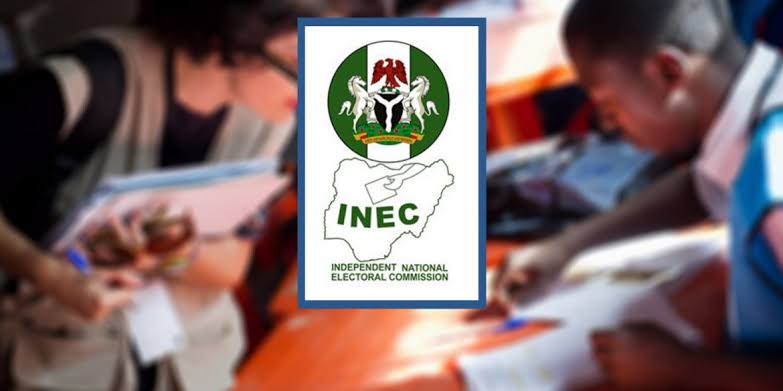
The Chairman of the Independent National Electoral Commission (INEC), Prof. Mahmood Yakubu, has expressed concern over the Commission’s lack of power to penalise political parties, candidates, and supporters who embark on early campaigns ahead of elections.
Speaking at a roundtable organised by the Commission on the theme “Challenges of Premature Political Campaign,” Yakubu noted that although the Electoral Act prescribes a fine of N500,000 for campaigns held less than 24 hours to election day, it provides no sanctions for campaigns conducted before the legally approved 150-day window.
He explained that Section 94(1) of the 2022 Electoral Act clearly bars campaigns earlier than 150 days before polling and mandates that they stop 24 hours before voting. The provision, he stressed, is aimed at ensuring governance takes precedence over endless politicking.
Despite these safeguards, Yakubu observed that political parties and candidates often remain in “perpetual campaign mode,” sometimes even before INEC officially releases the election timetable.
“Around the country, we have seen outdoor advertising, media campaigns, and even rallies promoting various political parties and candidates.
“These actions and activities undermine the Commission’s ability to track campaign finance limits as politicians, prospective candidates, and third-party agents expend large amounts of money that cannot be effectively monitored before the official commencement of campaigns.
“Quite correctly, Nigerians expect INEC, as registrar and regulator of political parties, to act in the face of the brazen breach of the law on early campaign. However, the major challenge for the Commission is the law itself.
“Section 94(2) of the Electoral Act 2022 imposes sanctions, albeit mild (a maximum amount of N500,000 on conviction), on any political party or a person acting on its behalf who engages in campaigns 24 hours before polling day.
“However, there is no sanction whatsoever concerning breaches for campaigns earlier than 150 days to an election. Here lies the challenge for the Commission in dealing with early campaigns by political parties, prospective candidates, and their supporters.
“In a sense, the problem of early campaign in Nigeria is not new. The seeming inability of the Commission and other regulatory agencies to deal with the menace within the ambit of the existing electoral legal framework calls for deep reflection.
“It is in this context that the Commission considered it appropriate to convene this meeting in which legislators, leaders of political parties, civil society organisations, experts, practitioners, and regulators will brainstorm on the way forward.
“Similarly, as the National Assembly is currently reviewing our electoral laws, the Commission has also invited the leadership of both the Senate and House of Representatives Committees on Electoral Matters.
“I am confident that they will give due consideration to actionable recommendations by experts, leaders of political parties, the President of the NBA, the BON, the NBC which regulates the broadcast media, and the Advertising Regulatory Council of Nigeria, ARCON, which regulates advertisement, including outdoor advertising.”
He stressed the Commission’s strong belief that protecting the nation’s electoral process and consolidating its democracy is a multi-stakeholder task.








